October 31 marks significant events and emblematic figures in the history of Africa and its diaspora. From Burkina Faso with the end of Blaise Compaoré’s rule to the cultural legacy of Ali Farka Touré and the influence of rapper MF DOOM, these stories are chapters in a history of resistance, culture, and transformation.
Major events
October 31, 2014: The fall of Blaise Compaoré in Burkina Faso
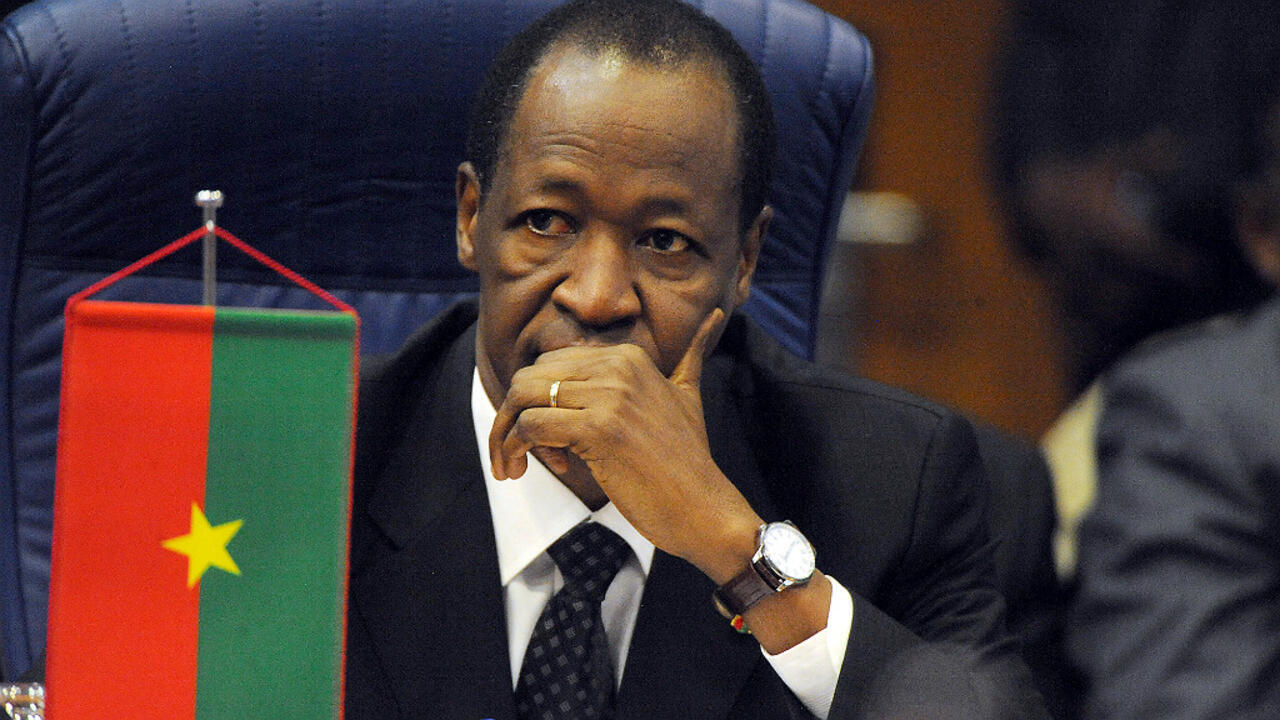
October 31, 2014, marked a historic turning point in Burkina Faso. After 27 years in power, President Blaise Compaoré resigned under pressure from a massive popular uprising led by citizen movements, unions, and opposition parties. The Burkinabè people, exasperated by Compaoré’s attempt to amend the Constitution to seek a fifth term, took to the streets of Ouagadougou and several cities nationwide, demanding an end to his rule.
According to Burkina Faso’s Constitution, the President of the National Assembly is supposed to lead the transition in the event of a presidential vacancy. However, it was Army Chief of Staff Honoré Traoré who declared himself interim head of state, sparking gatherings of demonstrators, especially around the army’s headquarters under the leadership of opposition figures like Zéphirin Diabré.
On the same day, Blaise Compaoré left his presidential palace in Kosyam, heading south with a convoy of 28 secured vehicles. Blocked by civilian roadblocks about 50 kilometers from Pô, the former president was escorted by French Special Forces. Transported by helicopter to Fada N’Gourma, Compaoré then continued to Yamoussoukro in Côte d’Ivoire, where he was received by President Alassane Ouattara, marking the beginning of his exile.
During the night of October 31 to November 1, Lieutenant Colonel Yacouba Isaac Zida, the number two in the presidential guard, declared himself interim head of state, announcing on the radio that he would take on presidential powers to “ensure the continuity of the state.” Supported by the army, Zida claimed to assume the presidential powers to guarantee stability, as Burkinabès awaited the transition to civilian rule.
October 31, 2020: Controversial election in Côte d’Ivoire
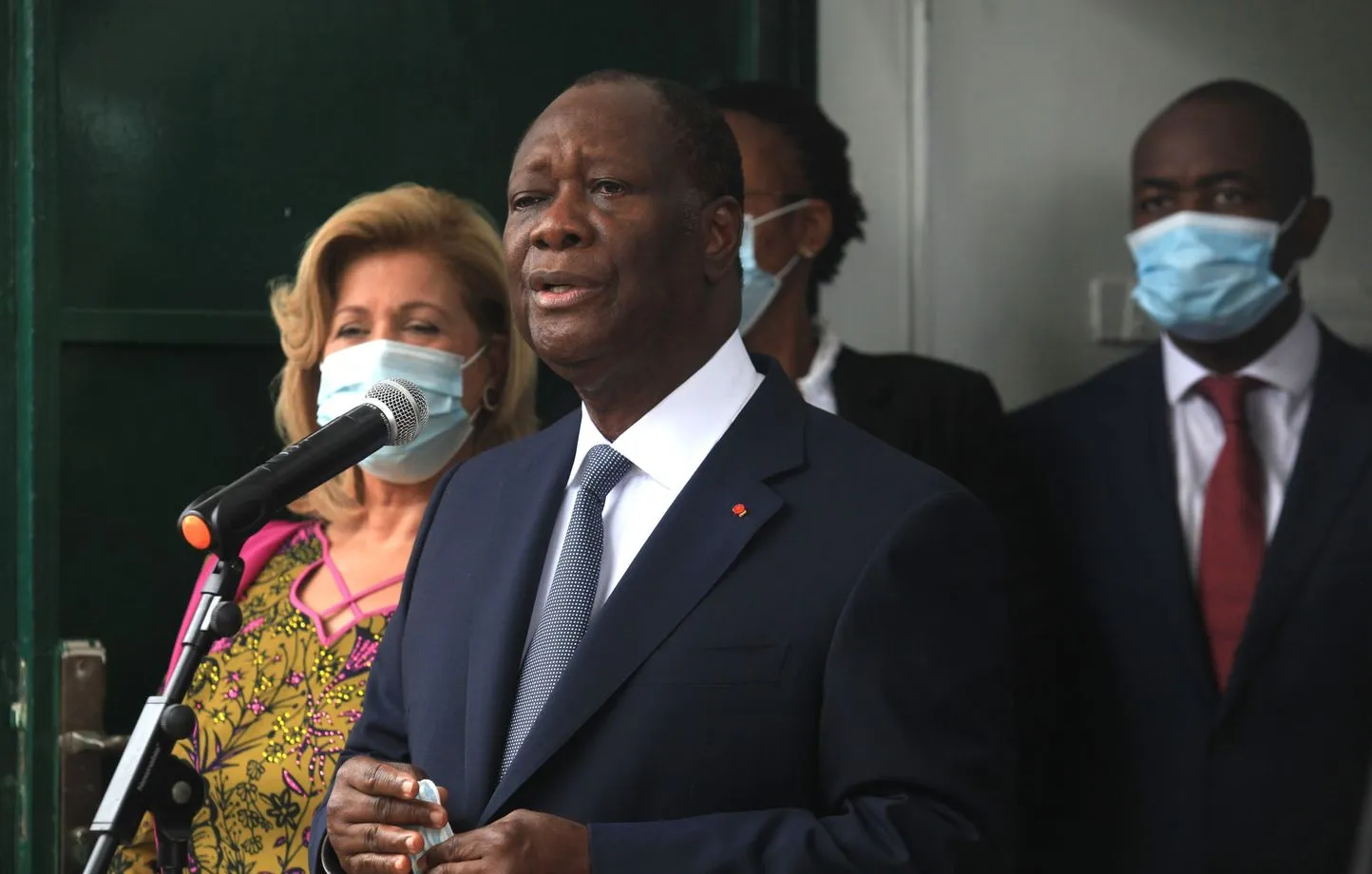
On October 31, Ivorians headed to the polls amid a tense atmosphere. Only 53.90% of registered voters participated, with many following the opposition’s call to boycott the election. Of the 22,381 planned polling stations, nearly a quarter remained closed due to incidents or obstructions. Violent scenes erupted, leaving Ivorians divided over the legitimacy of the ongoing election. Nevertheless, the Electoral Commission announced Alassane Ouattara’s victory in the first round with 95.31% of the vote, a result confirmed by the Constitutional Council on November 9.
The day after the election, the opposition rejected the results, declaring the formation of a National Transitional Council led by Henri Konan Bédié and calling for “peaceful resistance.” Authorities responded firmly: Pascal Affi N’Guessan, former Prime Minister and opposition leader, was arrested and charged with “conspiracy against state authority.” However, tensions eased when Bédié announced an end to the transition in December, calling for dialogue. In response, Ouattara established a Ministry of National Reconciliation, aiming to restore stability and prepare for the 2021 legislative elections.
Key Figures
Ali Farka Touré: The soul of african Blues
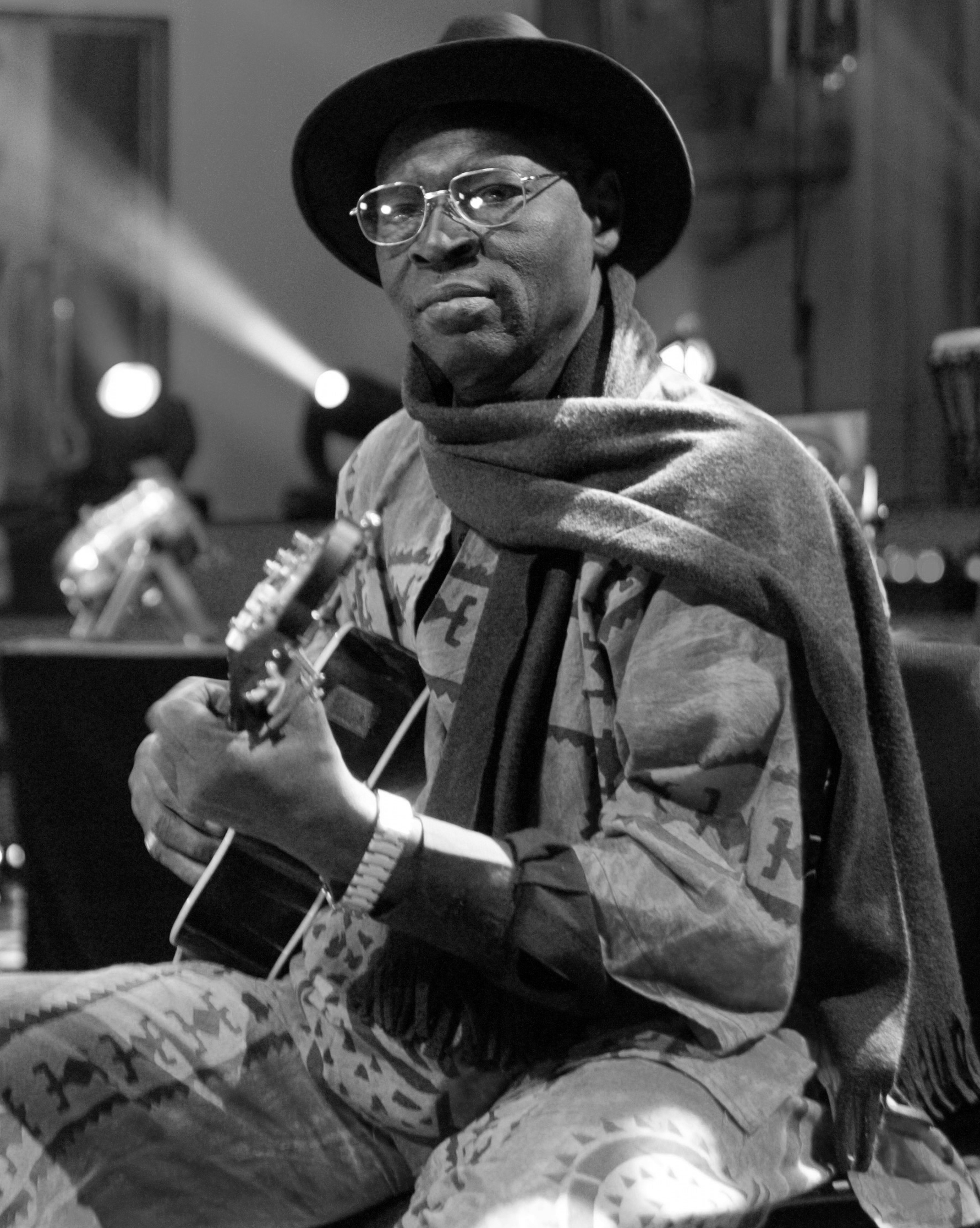
On October 31, 1939, in the village of Kanau along the Niger River in Mali, Ali Ibrahim Touré, affectionately known as Ali Farka Touré, was born. A self-taught musician and lover of Sahelian traditions, Touré is widely recognized as a pioneer in fusing African rhythms with blues. This style, which he carried with authenticity, earned him worldwide recognition and inspired generations of musicians. His music, a subtle blend of local melodies and blues influences, became a universal language, embodying the bridge between Africa and the Black diaspora.
Touré was more than a blues musician; he revived the musical traditions of the Songhai, Peul, and Tuareg peoples, using traditional instruments like the gurkel (a local guitar) and the njarka (an African violin). In 1994, his album Talking Timbuktu, a collaboration with American guitarist Ry Cooder, propelled him to international fame. This album, which won him a Grammy Award, resonated as a tribute to transatlantic cultures, sealing his place in global musical history.
Despite his international success, Ali Farka Touré never lost sight of his village, Niafunké, where he settled permanently in the 1990s. Elected as mayor, he invested his resources into developing the region, improving irrigation for farmland, and setting up essential infrastructure for his community. This return to his roots reflected Touré’s philosophy: to use music as a means to promote and preserve Malian culture while making concrete contributions to his people’s lives. The album Niafunké, released in 1999, conveyed this commitment through compositions celebrating land, work, and social justice.
On March 7, 2006, Ali Farka Touré passed away in Bamako after a long battle with cancer. However, his legacy endures, notably through posthumous albums like Savane, which showcases his artistic vision and attachment to Sahelian culture. This album was hailed as “absolutely perfect” by Ry Cooder and became an ultimate reference for African blues fans.
Ali Farka Touré’s memory lives on in the hearts of his admirers, in the music of his son, Vieux Farka Touré, and in the Sahelian rhythms that resonate worldwide.
MF DOOM, the masked poet of Rap

October 31, 2020, also marked the passing of MF DOOM, an iconic figure in the underground rap scene. Born Daniel Dumile, this British rapper of Zimbabwean descent adopted a unique style, drawing inspiration from comic books and masking his face to let his music speak. MF DOOM was one of the most respected poets in rap, his unconventional style and complex lyrics making him a legendary figure among hip-hop and urban poetry enthusiasts.
His journey, spanning London and New York, and his influence symbolize cultural interconnectedness and the diverse influences within the Black world. Celebrating his legacy, the hip-hop world pays tribute to an artist who used his voice to critique, narrate, and entertain, while delivering a profound message for his listeners, often far removed from mainstream circuits.
Iba Der Thiam, guardian of senegalese memory
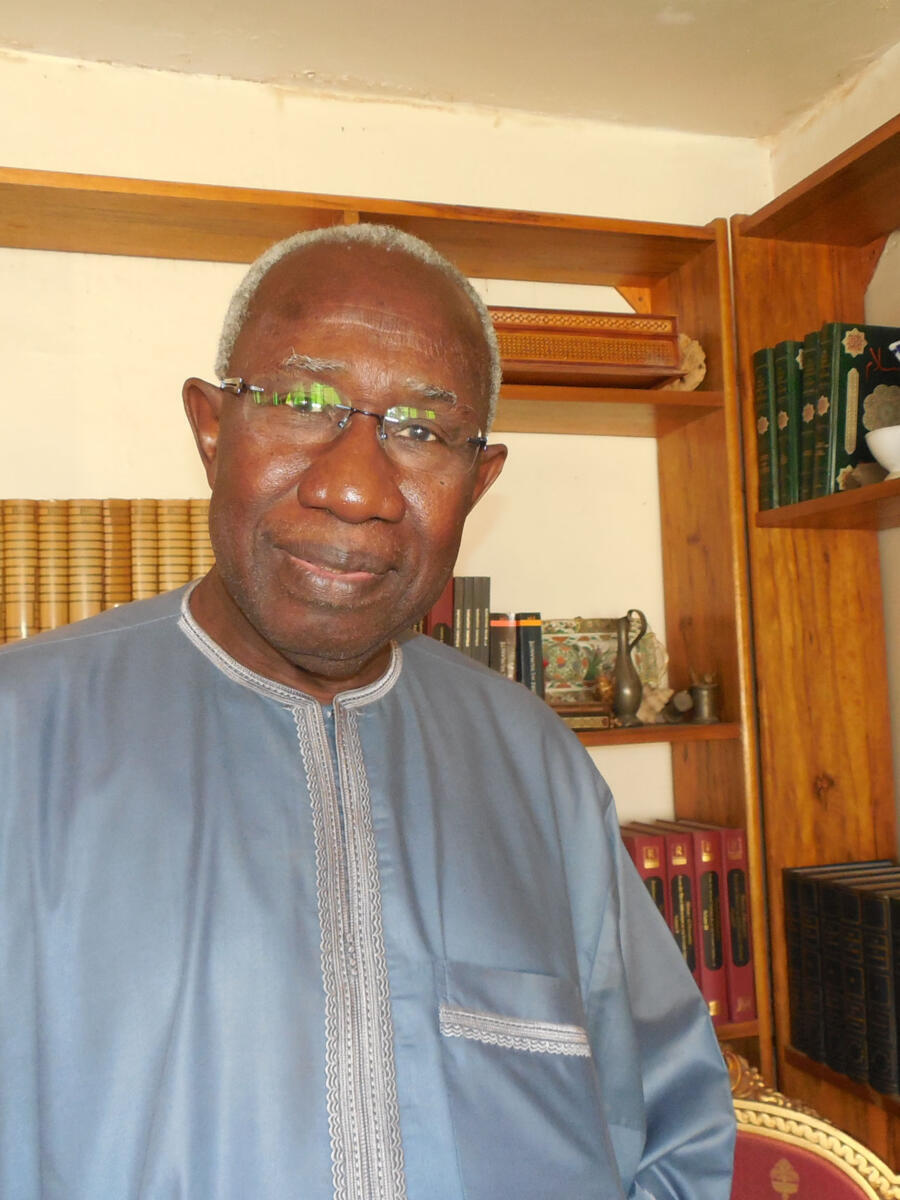
Historian, politician, and figure in Senegalese culture, Iba Der Thiam, who passed away on October 31, 2020, left a significant mark on Senegal through his academic and political contributions. A proponent of a Pan-African vision, he worked to rewrite African history, enabling younger generations to understand and claim their identity. His works on African history shaped more inclusive narratives, shedding light on figures and events often absent from history books.
Through his writings and commitment, Iba Der Thiam sought to restore historical continuity between pre-colonial and contemporary Africa, emphasizing African resistance and achievements throughout history. For him, knowing one’s history is an act of resistance, a means to rebuild Africa’s future based on past values.
Ethel Waters, a pioneer of Jazz and cinema
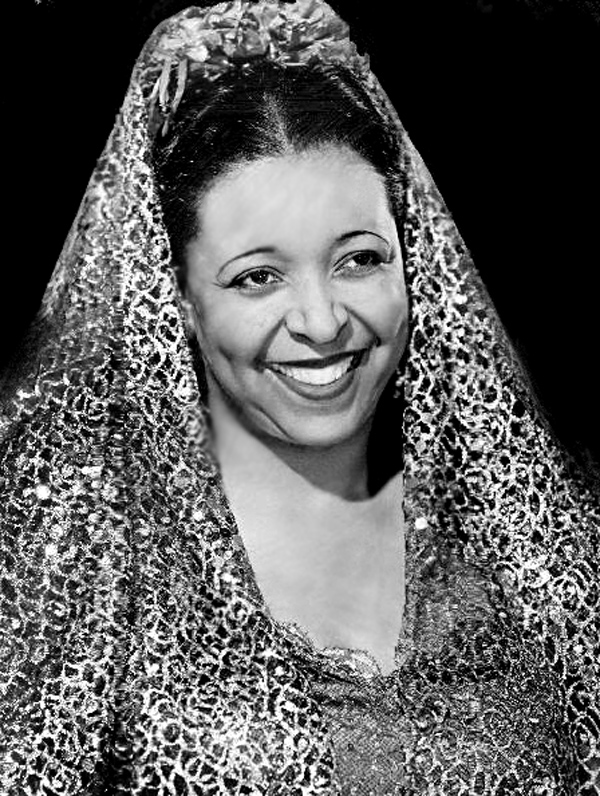
Born on October 31, 1896, Ethel Waters was one of the first Black women to make a name for herself on American music and cinema stages. A talented artist, Waters broke stereotypes and paved the way for numerous Black women in entertainment. Her unique vocal style and subtle acting captivated a broad audience, and her rise became a source of pride and inspiration for the African-American community. She was the first African-American woman to star in a leading role on Broadway, and her career, filled with challenges, marked a pivotal moment in Black representation in film and television.
Ethel Waters embodies the fight for racial equality and artistic recognition in an America still deeply affected by segregation.
References
- Le Houérou, F., Les Printemps africains: une révolution silencieuse?, L’Harmattan, 2015.
- Koné, M., La Côte d’Ivoire en crise, Edilivre, 2020.
- Charry, E., Mande Music: Traditional and Modern Music of the Maninka and Mandinka of Western Africa, University of Chicago Press, 2000.
- Forman, M., & Neal, M. A., That’s the Joint! The Hip-Hop Studies Reader, Routledge, 2012.
- Fall, B., L’héritage de l’histoire dans la formation du Sénégal contemporain, Karthala, 2008.
